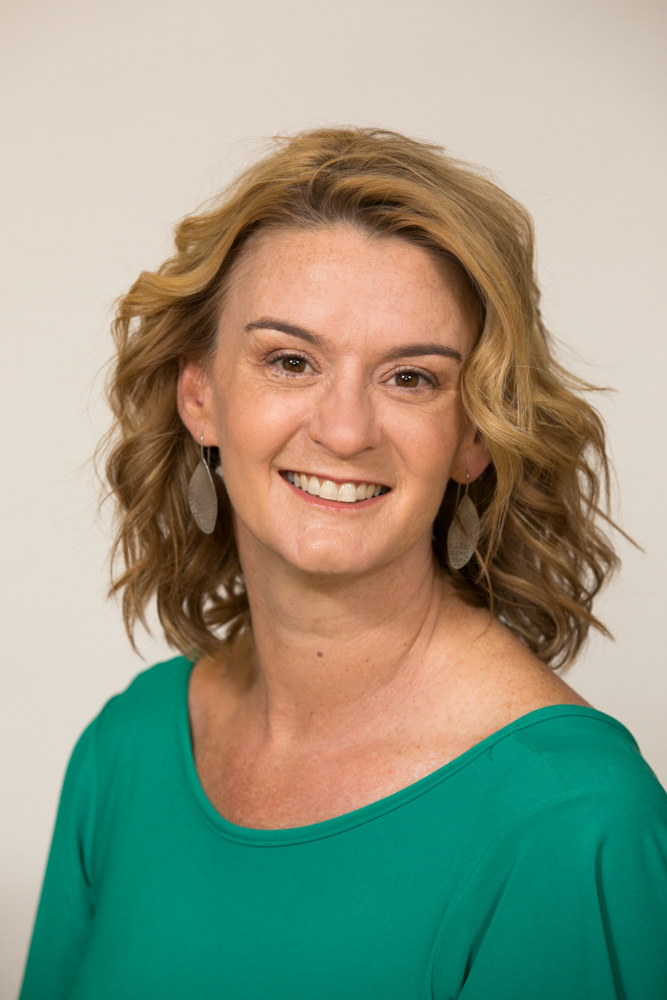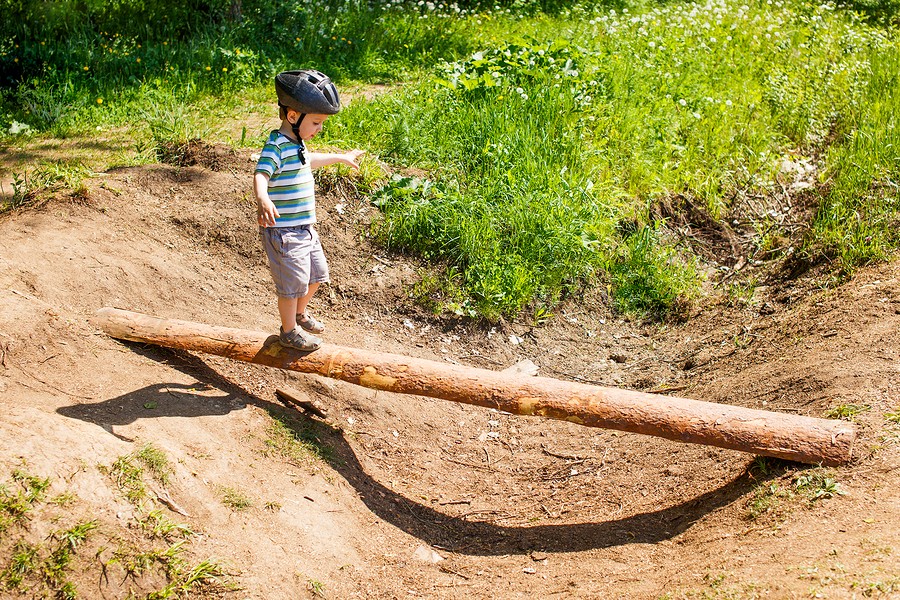Rebecca Wheeler works with parents and children to create a balanced approach to parenting
Most of us are familiar these days with the term helicopter parenting - a parent who is too involved in a child's life, hovering over their every move.
While being involved in our children's lives - helping them to feel loved and supported encourages a healthy confidence and self-esteem, promotes a healthy attachment to other people and increases the chances of a child growing up into a successful adult. Being too involved, is to smother our children - giving them the message that they need us to do everything for them, that they are only a measure of success through grades at school or that the world is unsafe and we need to protect them from this.
Studies have shown that being too involved in a child's life can foster anxiety. A study conducted in 2012 at Macquarie University in Sydney found that children at age four who exhibited signs of anxiety had either overly involved mothers or mothers who were diagnosed with an anxiety disorder. By age nine these children were more likely to have a diagnosis of clinical anxiety. To go even further, a study that was published in the Journal of Child and Family Studies in 2013 found that college students who have been "over-parented" report decreased satisfaction with life.
Essentially parents want the best for their children. They want them to be safe from harm but find it hard to know how best to do that. Here are a few tips to balance the line between being an actively involved parent and an over-involved one.
Don't do it for them:
Children need to learn how to do things for themselves. They need to experience the frustration when they can't yet do something - such as tie their shoe laces or stack the tower of blocks. Children learn something powerful when they persevere and figure out how to do things for themselves.
We can help, but we can't do their homework or assignments for them. Children need to feel what it's like to get a poor mark and to know they have to work a bit harder to get the marks they would like. Children need to know their successes are about their abilities not just because their parents are doing it for them.
Let them experience a full range of emotions:
To be an emotionally healthy person we need to experience a full range of emotions including joy, excitement, anger, disappointment, fear and hurt. We may not like to see our children feel sad or disappointed but we can support them to learn how to manage their emotions.
The world is essentially safe:
We know that sometimes bad things happen. But mostly the world is a safe place - especially here in Australia. Our children need to know that they are growing up in a generally safe world where it is ok to play outside the house, to ride bikes and climb trees.
Parents don't need always to be connected to their children via mobile phones and track their every movement. Often our ultimate fear, but in reality there really isn't a paedophile on every corner just waiting for your child to walk down the street.
How do I find out more?
If you would like to find out more about the impact of over parenting and raising resilient children contact RWA Psychology. Additional information can found at:
Time.com - The Over-Parenting Trap: How to Avoid 'Checklisted' Childhoods and Raise Adults
Itunes - Ted Talks Kids and Family
School A to Z - How to Raise Resilient Kids
Rebecca Wheeler is a Clinical Psychologist and the Principal of RWA Psychology - Family Matters

Rebecca Wheeler is the principal psychologist of RWA Psychology. Call RWA psychology for an appointment with Rebecca or one of our other psychologists.
